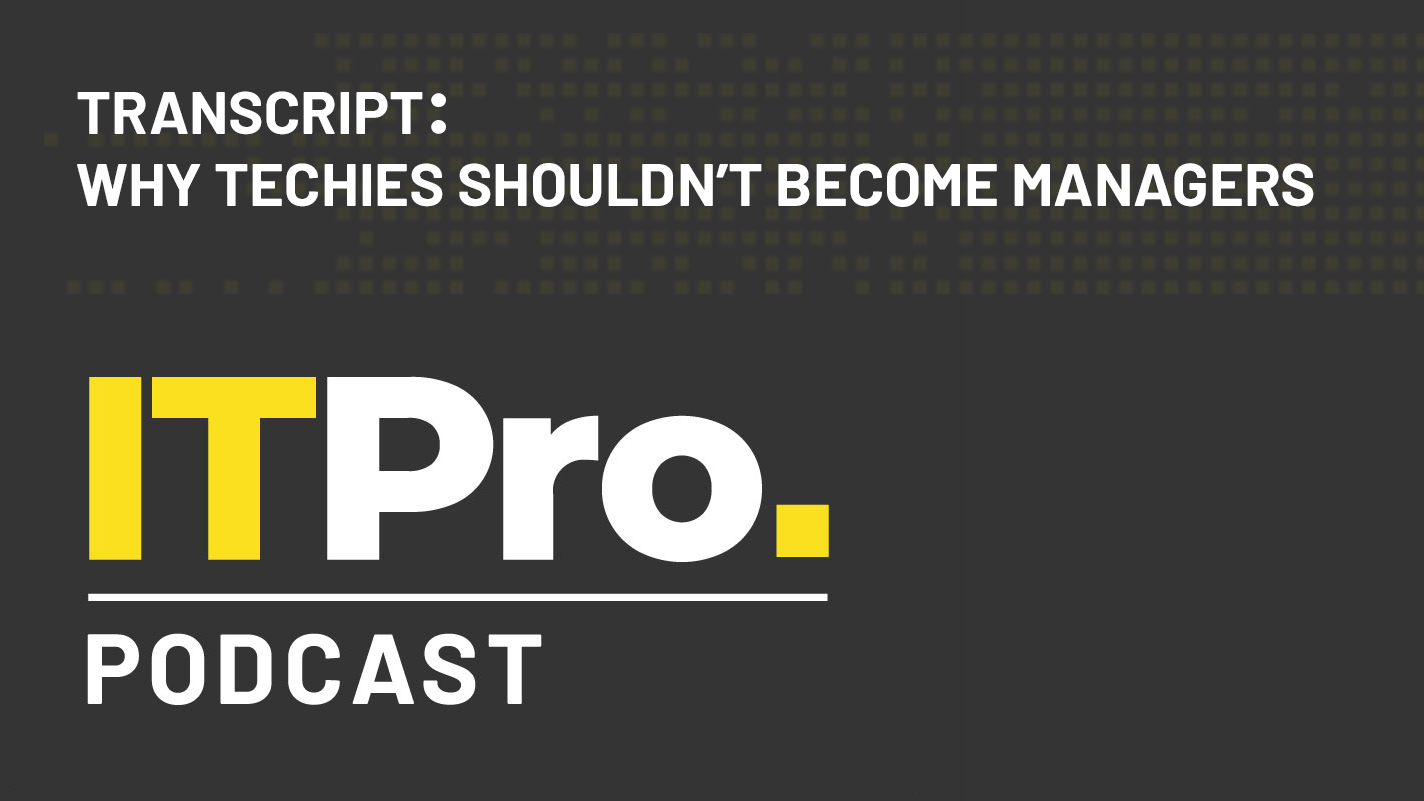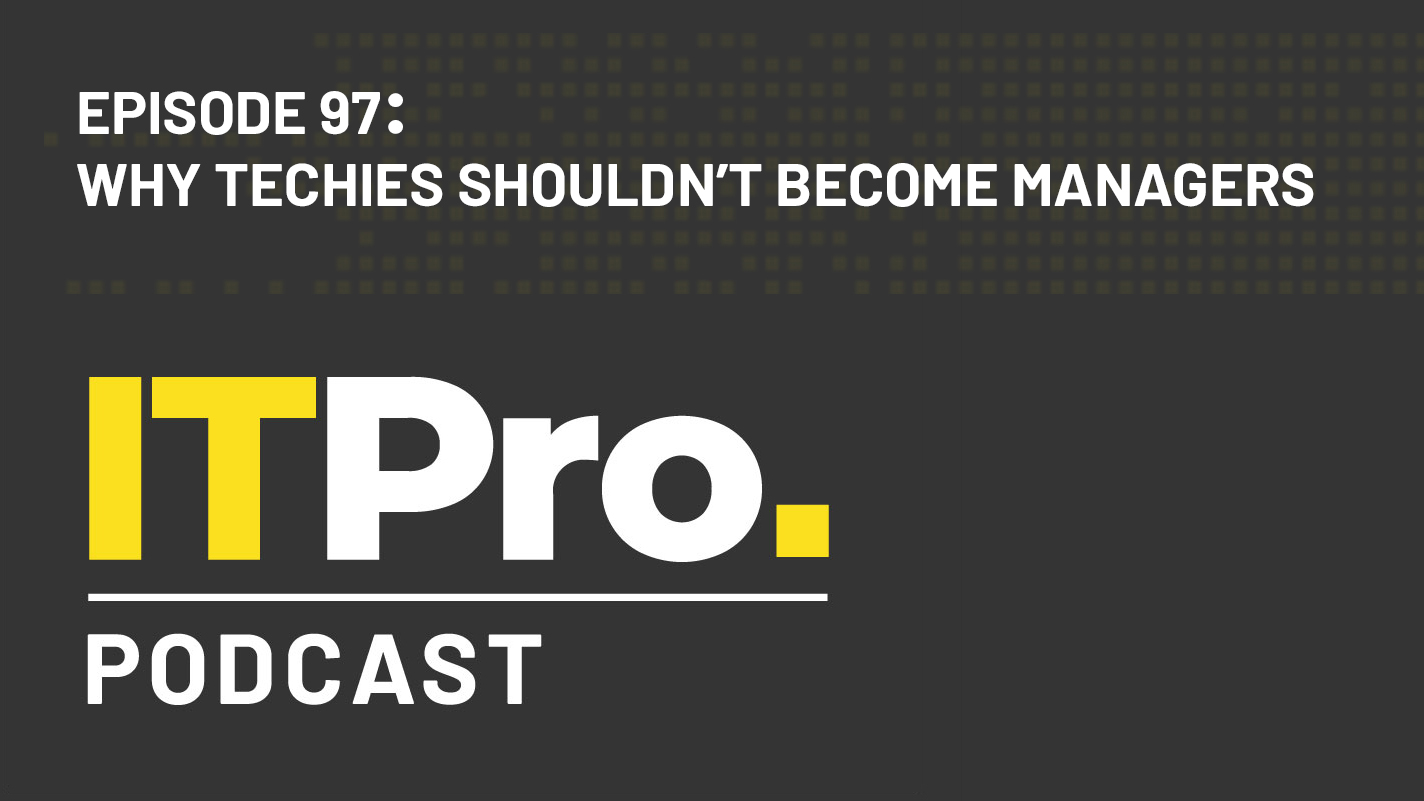Defeating sexism in tech
From legal recourse to other means, what can be done about gender discrimination?


Ironically for an industry that looks so much into the future, it's long been true that too many within tech are stuck in the past when it comes to the perception and treatment of women and minorities that should be seen as peers, rather than outsiders.
Unconscious bias is still a huge problem for many companies, but there's also a much darker side to the story that's only just now being talked about with any sort of openness.
What happens when discrimination or sexist behaviour escalates to the point where victims must take action against someone at work?
The general consensus when these matters are brought up is still that the person in question should report the abuse to HR or another relevant party within the company, and that this will resolve any wrongdoing quickly and quietly without any further harm to the accuser.
This, however, is not the case in many instances, as proven by the high profile accounts of former Kleiner Perkins employee Ellen Pao, and Susan Fowler, who worked as an engineer at Uber for a year.
As Pao details in an excerpt from her book Reset published in The Cut, she was frequently excluded in meetings, passed over for promotion and repeatedly propositioned by a colleague. Nothing about the latter issue was done, which is a dangerous trend which also appears in Fowler's account of her time with Uber.
Fowler wrote in a blog post: "When I reported the situation, I was told by both HR and upper management that even though this was clearly sexual harassment and he was propositioning me, it was this man's first offense, and that they wouldn't feel comfortable giving him anything other than a warning and a stern talking-to.
Sign up today and you will receive a free copy of our Future Focus 2025 report - the leading guidance on AI, cybersecurity and other IT challenges as per 700+ senior executives
"Upper management told me that he 'was a high performer' (i.e. had stellar performance reviews from his superiors) and they wouldn't feel comfortable punishing him for what was probably just an innocent mistake on his part."
Changing company culture
Women like Pao and Fowler are often looked down on for publicising their alleged mistreatment and their reputations are dragged through the mud while the courts, the industry and the wider public play judge, jury and executioner on their characters.
This is now the fear of all women and other vulnerable employees who feel they have been discriminated against at work, treated unfairly because of their gender or sexually harassed. All of this is contributing to the comparative lack of females occupying top positions in tech, which widens the gender gap further.
Jo Morfee, director at Liverpool Girl Geeks, says: "It is essential that we attract and retain diverse workforces within the tech sector. If we do not, we will design and develop technology which is not fit for purpose.
"In Susan [Fowler]'s case, the more she reported the sexism that she was experiencing from her line manager, the more tenuous her position became. It seemed to negatively impact on the opportunities she was offered at Uber and she personally suffered as a result. Yet this does not need to be the case."
Many problems in this area are a direct result of company culture, which affects the behaviour of some male employees as well as how they react once a complaint has been made.
Cathy White, founder and director of CEW Communications and director of GeekGirl Meetup UK, says: "One of the biggest problems we have is the negativity that surrounds the victim who is willing to speak out or call out something bad that has happened to them in this industry.
"The fear is that they themselves will be judged, if they're a female developer will it become harder to get hired elsewhere? As a female founder, will I struggle to get meetings with investors for outing another VC's behaviour? This highlights one of the worst things in our industry - why do we feel we will be judged as the victim?"
Siobhan, who worked in marketing at an app development company in Manchester, told IT Pro that her company continued to foster what she dubbed a "'lad's club' working environment" even after her superior was fired for first sexually assaulting her, then breaking a window at her mother's house after she reported his behaviour to HR. Following her ordeal, she was dismissed two weeks after reporting sexist language used by the company's CEO.
"We really need to examine the culture of our organisations very closely," Morfee continues. "Taking a long hard look at your organisation can be painful, but ultimately the best thing to do is ask those minority groups to tell you honestly what their reality is."
What's the reality?
The advice for employees on Gov.uk recommends that those who believe they have been subject to discrimination at work complain directly to the person or organisation in question, organise mediation or alternative dispute resolution with a third party, or make a claim in a court of tribunal. Citizens Advice also recommends keeping a record of incidents to use as evidence at a later date if needed.
But managers and executives must do more. Despite Pao risking everything to shed light on her treatment at Kleiner Perkins, she still lost her case.
White adds: "One of the biggest things that should be changed is how we react to women (or anyone) who have been victimised. We should not judge, we should support. They are never to blame. If we become much more open to hearing these stories, whether that is peer-to-peer, on social media or in the news, we empower those who are brave enough to speak up."
It's way past time for the tech industry to start learning from its mistakes. The odd lawsuit against specific businesses or employees is one thing, but a widespread toxic culture of sexism and discrimination is another entirely. There's a skills gap in tech that can be filled with highly trained, highly capable women should they feel welcome and appreciated.
The most tragic aspect is that the answer is seemingly obvious - if women are listened to when they first make a complaint, and they feel safe and secure in doing so, then a huge number of cases need not be escalated. Things need to change, and it shouldn't be up to the victims to change them.
Some names have been changed to protect privacy.
Main image credit: Bigstock
Caroline has been writing about technology for more than a decade, switching between consumer smart home news and reviews and in-depth B2B industry coverage. In addition to her work for IT Pro and Cloud Pro, she has contributed to a number of titles including Expert Reviews, TechRadar, The Week and many more. She is currently the smart home editor across Future Publishing's homes titles.
You can get in touch with Caroline via email at caroline.preece@futurenet.com.
-
 Microsoft unveils Maia 200 accelerator, claiming better performance per dollar than Amazon and Google
Microsoft unveils Maia 200 accelerator, claiming better performance per dollar than Amazon and GoogleNews The launch of Microsoft’s second-generation silicon solidifies its mission to scale AI workloads and directly control more of its infrastructure
-
 Infosys expands Swiss footprint with new Zurich office
Infosys expands Swiss footprint with new Zurich officeNews The firm has relocated its Swiss headquarters to support partners delivering AI-led digital transformation
-
 IT Pro Panel: Tackling technical recruitment
IT Pro Panel: Tackling technical recruitmentIT Pro Panel With the recruitment market shifting, how can businesses both retain their best staff and fill gaping talent shortages?
-
 Podcast transcript: Why techies shouldn’t become managers
Podcast transcript: Why techies shouldn’t become managersIT Pro Podcast Read the full transcript for this episode of the IT Pro Podcast
-
 The IT Pro Podcast: Why techies shouldn’t become managers
The IT Pro Podcast: Why techies shouldn’t become managersIT Pro Podcast Managing people is a completely different skillset to managing technology - so why do we keep pushing people from one to the other?
-
 Podcast transcript: How umbrella companies exploit IT contractors
Podcast transcript: How umbrella companies exploit IT contractorsIT Pro Podcast Read the full transcript for this episode of the IT Pro Podcast
-
 The IT Pro Podcast: How umbrella companies exploit IT contractors
The IT Pro Podcast: How umbrella companies exploit IT contractorsIT Pro Podcast Is tighter regulation needed to stop workers from being cheated out of earnings?
-
 Data scientist jobs: Where does the big data talent gap lie?
Data scientist jobs: Where does the big data talent gap lie?In-depth Europe needs 346,000 more data scientists by 2020, but why is the gap so big?
-
 Four tips for effective business collaboration
Four tips for effective business collaborationOpinion Collaboration is about more than just removing office walls
-
 IT Pro Panel: The truth about talent
IT Pro Panel: The truth about talentIT Pro Panel Why is it still so hard to find good people?
